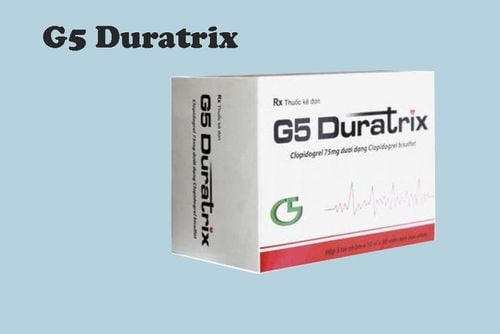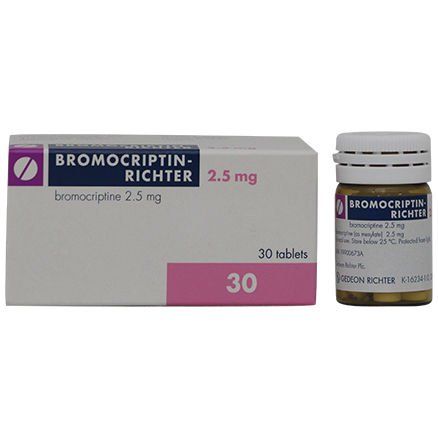This is an automatically translated article.
Citimax drug contains the main active ingredient citicoline, which has the effect of improving cell membrane metabolism, reducing free radical formation and maintaining the antioxidant system. Citimax is indicated in the treatment of central nervous system diseases, cerebrovascular accidents, head injuries and improving cognitive decline in patients with Alzheimer's disease, Parkinson's disease, aging.1. What is Citimax?
What is Citimax? Citimax contains the main active ingredient citicoline, which stimulates the biosynthesis of neuronal phospholipid membranes, thereby helping to improve membrane metabolic functions, such as pump activity and ion exchange receptors. , required for nerve conduction. Citicoline also has a stabilizing effect on cell membranes and reabsorption in cerebral edema. In addition, citicoline also inhibits the activation of phospholipases A1, A2, C and D, reduces the formation of free snails, prevents damage to the membrane system and maintains the antioxidant system.
Citicoline slows progression and improves recovery significantly in patients with acute ischemic stroke. In patients with head trauma, citicoline promotes recovery, reducing the duration and intensity of post-concussion syndrome. In addition, citicoline also helps improve cognition and concentration, reduce memory loss and cognitive decline related to cerebral ischemia.
2. What are the effects of Citimax?
Citimax is indicated in the following cases:
Treatment of cognitive disorders, motor and neuropsychiatric disorders caused by degenerative diseases or cerebrovascular accidents. Improve thinking, concentration and memory in patients with Alzheimer's disease, Parkinson's disease, elderly dementia patients and after stroke, head trauma. Support the treatment of Glaucoma. Treatment in the acute phase of severe traumatic brain injury with impaired consciousness.
3. Contraindications to the drug Citimax
Do not use Citimax for patients in the following cases:
History of severe allergy to citicoline. The patient has decreased parasympathetic tone. Patient is unconscious or undergoing brain surgery.
4. Dosage of Citimax
Citimax drug is made in the form of tablets and intravenous injection, so patients need to take the drug by mouth and injection. Depending on your condition, your doctor will consider the appropriate route and dose.
Dosage is as follows:
4.1 Adults Support for treatment of central nervous system diseases:
Oral tablets:
Consciousness disorders due to head trauma and brain surgery: dose 100 - 500 mg/time x 1-2 times/day. Nervous/mental disorders, consciousness disorders due to acute cerebral ischemia: 1000mg orally once a day, continuously for 2 weeks. Slow intravenous form
Head trauma: inject 100-500 mg x 1-2 times/day. Support patients with hemiplegia after stroke: 1000mg x 1 time/day x 4 weeks. Support treatment of Glaucoma
Oral tablets: 500 - 1600 mg/day. Eye drops: use about 3 drops/day. 4.2 Children Treatment or supportive treatment of neuropathy: 100mg/time x 2-3 times/day.
It should be noted: The above drug dosage is for reference only, patients need to follow the doctor's instructions to have the most effective treatment regimen.
5. Citimax drug side effects
Patients using Citimax may experience some of the following side effects:
Headache, insomnia Increased blood pressure, nausea, vomiting, diarrhea, blurred vision, chest pain. Hallucinations, dyspnea, flushing, rash, urticaria, purpura, chills.
6. Notes when using Citimax
When using Citimax, patients should note the following issues:
Patients with prolonged intracranial bleeding should not use intravenous citicoline doses above 1000 mg/day, because it may increase blood flow. in the brain. In this case, a lower dose of citicoline (100-500 mg x 2-3 times/day) can be used. Patients should receive parenteral Citimax for 2 weeks after a stroke if consciousness is impaired during the acute phase of an ischemic attack. Citicoline should not be used concurrently with drugs containing centrophenoxine. Citicoline has the potential to trigger epilepsy in people with a history of epilepsy. Therefore, care should be taken when using this drug. Use with caution Citimax in patients with liver or kidney dysfunction, patients with a history of depression. Pregnancy: Citicoline may affect memory and brain development in fetuses and young children. Besides, choline supplementation is not necessary in people who eat well. Therefore, citicoline should be used during pregnancy only when clearly needed and the potential benefits outweigh the risks. Overdose: Because the drug has low toxicity and is rare, most cases of overdose do not show symptoms of toxicity. However, monitoring and symptomatic treatment (if any) are still needed in patients with overdose of Citimax. Breast-feeding women: Patients who are breast-feeding should consult a specialist before using Citimax Driving and operating machinery: Citicoline may cause side effects such as blurred vision, affecting the ability to drive and operate machinery. Drug Interactions: When used with some other drugs, Citimax can cause interactions, reduce the effectiveness or increase side effects of the drug. Therefore, patients need to inform the doctor of all drugs, vitamins, and dietary supplements they are using for appropriate advice and adjustment. Above is information about uses, dosage and precautions when using Citimax. To ensure effectiveness and safety, patients should consult their doctor or pharmacist before using the drug.
Follow Vinmec International General Hospital website to get more health, nutrition and beauty information to protect the health of yourself and your loved ones in your family.
Please dial HOTLINE for more information or register for an appointment HERE. Download MyVinmec app to make appointments faster and to manage your bookings easily.













